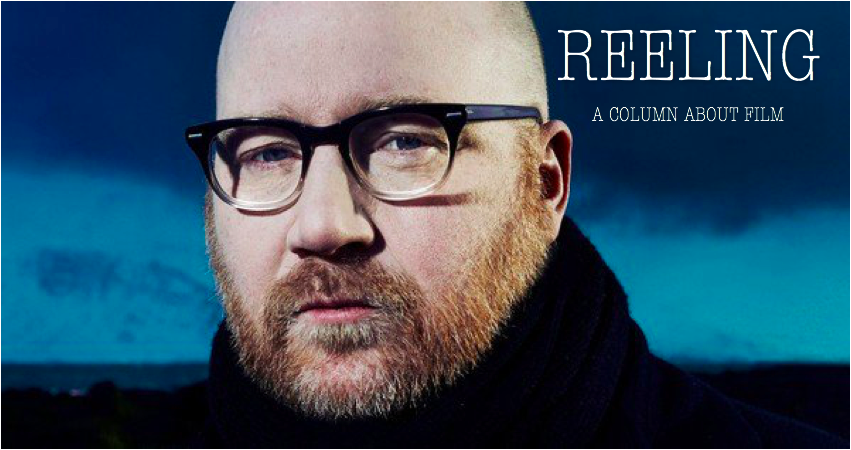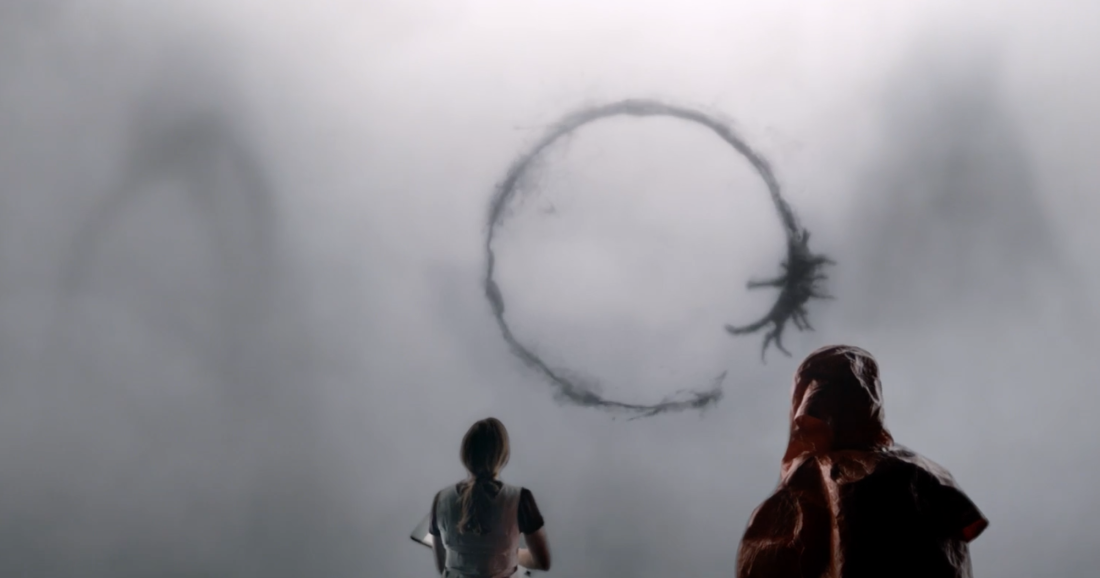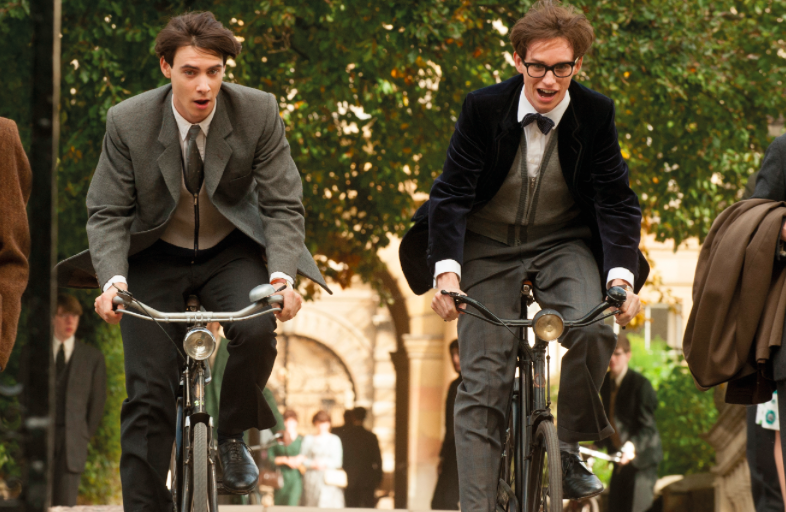
There are fewer jobs harder to do right on a movie than to compose music for it. Sound-tracking a movie, still very much an art-not-a-science in and of itself, tends to bring good results rather easily, simply because a good soundtrack is about understanding moods that someone else has conjured and making sure they match your visuals. A score is mostly a blank slate. This is save for some composers who work very closely with their directors so as to weave the music into the tapestry of the film; such was the case with Zimmer and Nolan on Dunkirk, and Reggio and Glass on Koyaanisqatsi.
In some ways, there are elements of Jóhann Jóhannsson’s score for Arrival that might suggest this process took place. Yet, there is also an unshakeable feeling of musical innovation to the score that doesn’t just come from somebody sampling a ticking clock. It’s deeper than that, almost spiritual. Like the aliens within the movie, Jóhannsson seems to be speaking a decipherable language, i.e. one of melody and harmony, but it’s not one that we’re familiar with yet. That we were not given more time to become familiar with his language is perhaps the most heart-breaking thing about his death on Friday, at the age of just 48.
The first time seeing Arrival was one of the most memorable cinematic experiences of my life. Hungover, working off 4 hours sleep on a friend’s sofa, and totally in the dark about even the broadest plot details of the film, said friend and I decided to cure ourselves of the boredom of recovery days by taking a trip to see Denis Villeneuve’s new film. It was a dizzying experience. The whole film plays like a cross between The Day the Earth Stood Still, a whispered Terrence Malick off-shoot, and 2001: A Space Odyssey.

However, in spite of the awesome theatrics of its climax and the masterful interplay between human drama and genuine scientific fascination, the thing that takes me back to that first viewing every time I re-visit Arrival is the whining Theremin-influenced wails of the film’s score, its squeals and heady left-turns reminding me of the dazed state in which I saw the film.
The most impressive part of that score is how Jóhannsson translates those strange blips into pure opera in the finale. It’s only down to the intensity of his score that the finale lands. Villeneuve plays it remarkably low-key in terms of the cinematic language. It’s tense, for certain, but only because of the stakes, not because of his muted colours and fascinatingly languid editing. It’s the score that carries the entire final 15 minutes to its remarkable conclusion, after which my friend insisted that we keep our thoughts in our heads until we had both sat down with our Subway sandwiches, at which point our joint euphoria at the heights of the film we had just seen came pouring out.
And what about Jóhansson’s far more subtly complex work on The Theory of Everything? In the case of James Marsh’s perfectly enjoyable Hawking biopic, Jóhannsson’s work was an even more obvious highlight amongst far less notable cinematic facets. No disrespect to Eddie Redmayne’s genuinely wonderful performance (for which he gets far too easily swept into the Oscar-bait bin by people who clearly hate good acting), but there is already a distinct air of a modern classic in the film’s centrepiece theme, ‘Cambridge, 1963’. It’s nimble, spindly, just as light on its feet as the spritely young men thrust into an exciting new place where innovation and newness are the order of the day.

It’s also very anticipatory, slowly building higher as it continues, but never losing that eagerness for the new and the unknown. It’s like starting a new job you’ve wanted your whole life and stepping through the doors for the first time, or jumping on the bus to get to your first day back at school, or heading home to see family in the holidays. It’s really the perfect opening track in that it is distinguishable from the images it complements on the screen. Play it atop any opening sequence that features new beginnings and it works, but it’s instantly recognisable. Like Arrival, it cuts through the rest of its type, the Desplats and the like, the ones who mistake pretty arrangements for substance.
It seems almost futile to try and imagine what his scrapped work for Blade Runner 2049 might have sounded like: his creativity was unpredictable, yes, but the work that Hans Zimmer and Benjamin Wallfisch eventually did for the film is not far from what I would have expected Johannsson to do. Yet, we know this isn’t the case, or else his work would not have been scrapped. It’s simultaneously titillating and frustrating that Johannsson’s work for the film is such a mystery. But in all fairness, there’s just as much mystery in the scores we do know about, and will undoubtedly cherish in the years to come.
I said last week that I would talk a bit about Black Panther, and I wish to be true to my word. But I felt deeply affected by Johannsson’s death, too much to neglect the opportunity to eulogise him, and so my thoughts on this subject have been cut short. However, what I will say about Black Panther now, in far more abridged terms than originally planned, is that the film may mark a peak that future Marvel films can’t match. Many are already calling it the finest film in the franchise, for reasons that mostly revolve around it not being anything like the others.
A debate was circulated a couple of years or so ago about how Marvel would end, or better still, if it ever would. Though it seems to show no signs of stopping, I have a suspicion that both Black Panther and Infinity War will represent the perfect coda for the franchise. It has reached such heights of ridiculousness and excess, both of which are gleanable from the latter film’s trailer, that the only way is downwards. Of course, the franchise is certain to continue. But in just 22 months, we welcome in a whole new decade. I think there’s every possibility that, like New Hollywood and the 80s blockbuster, the superhero movie (the populist type, of course) will die a Heaven’s Gate-sized death.